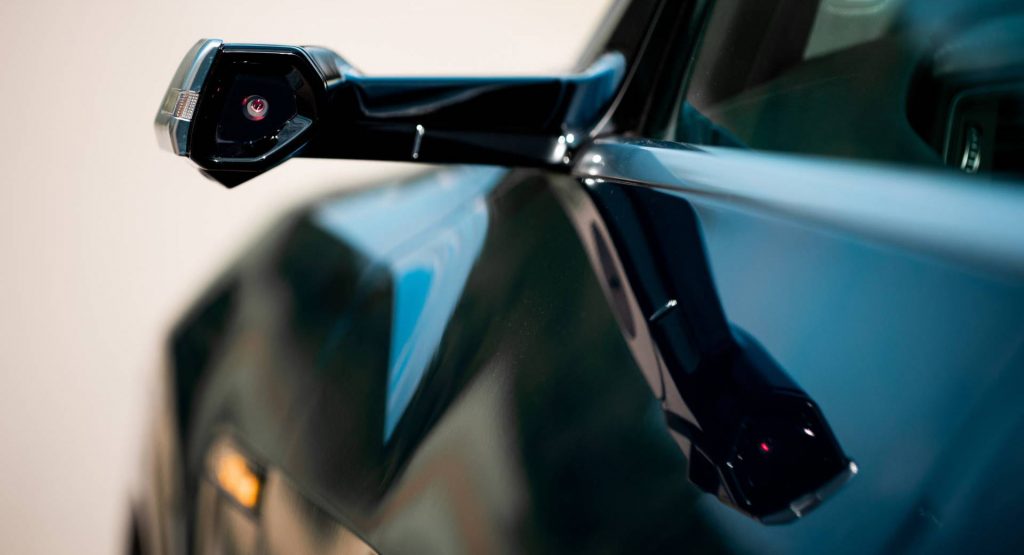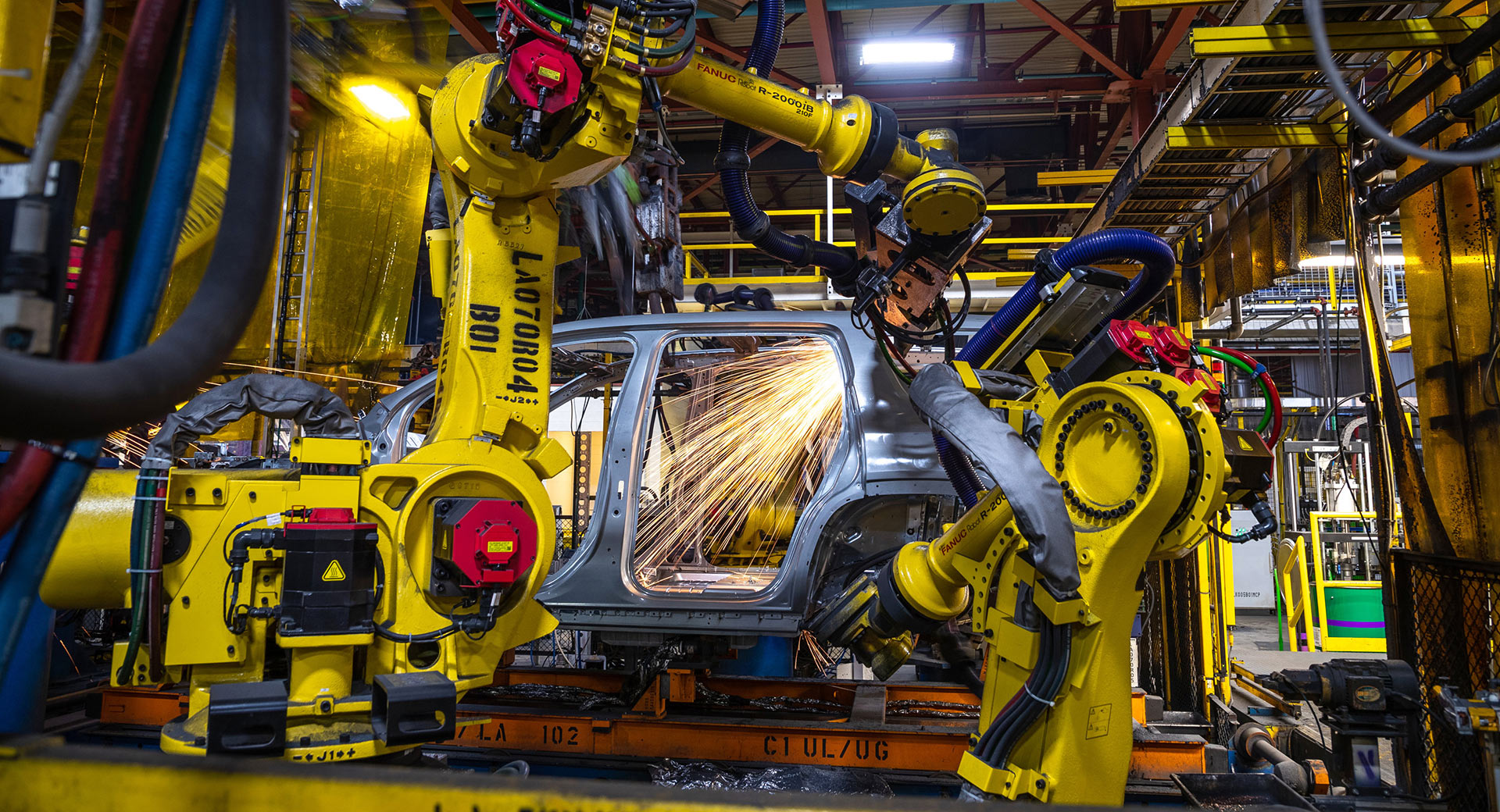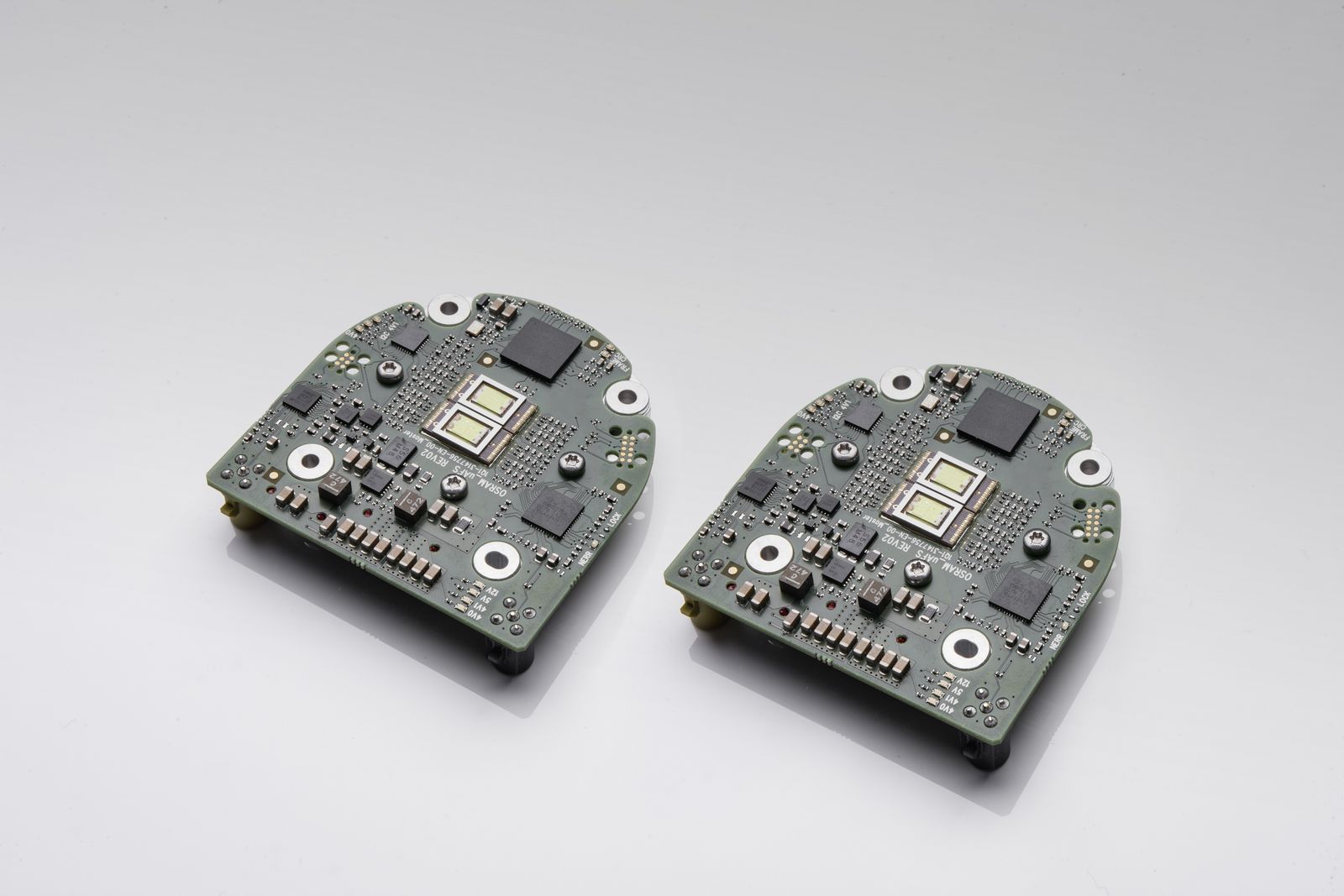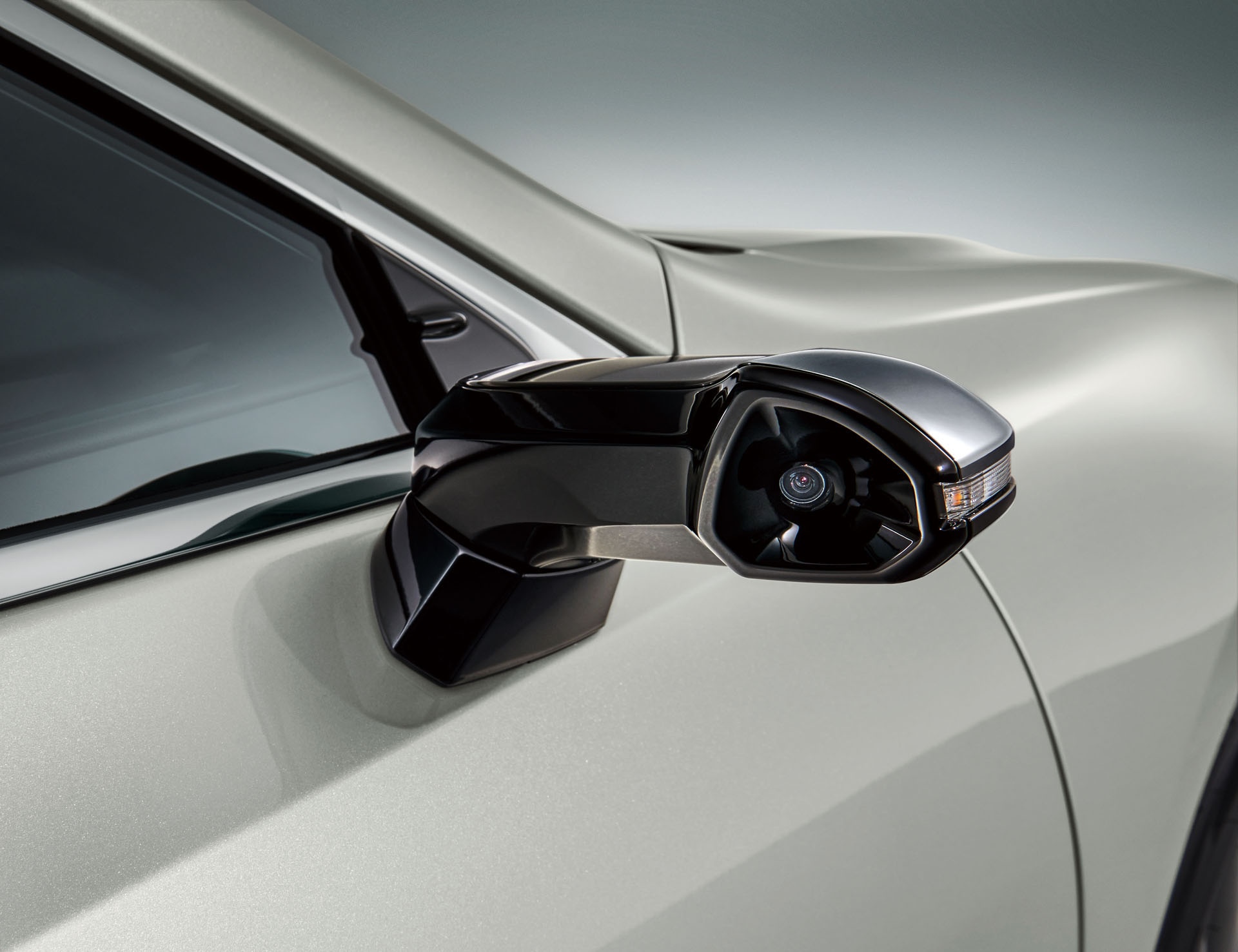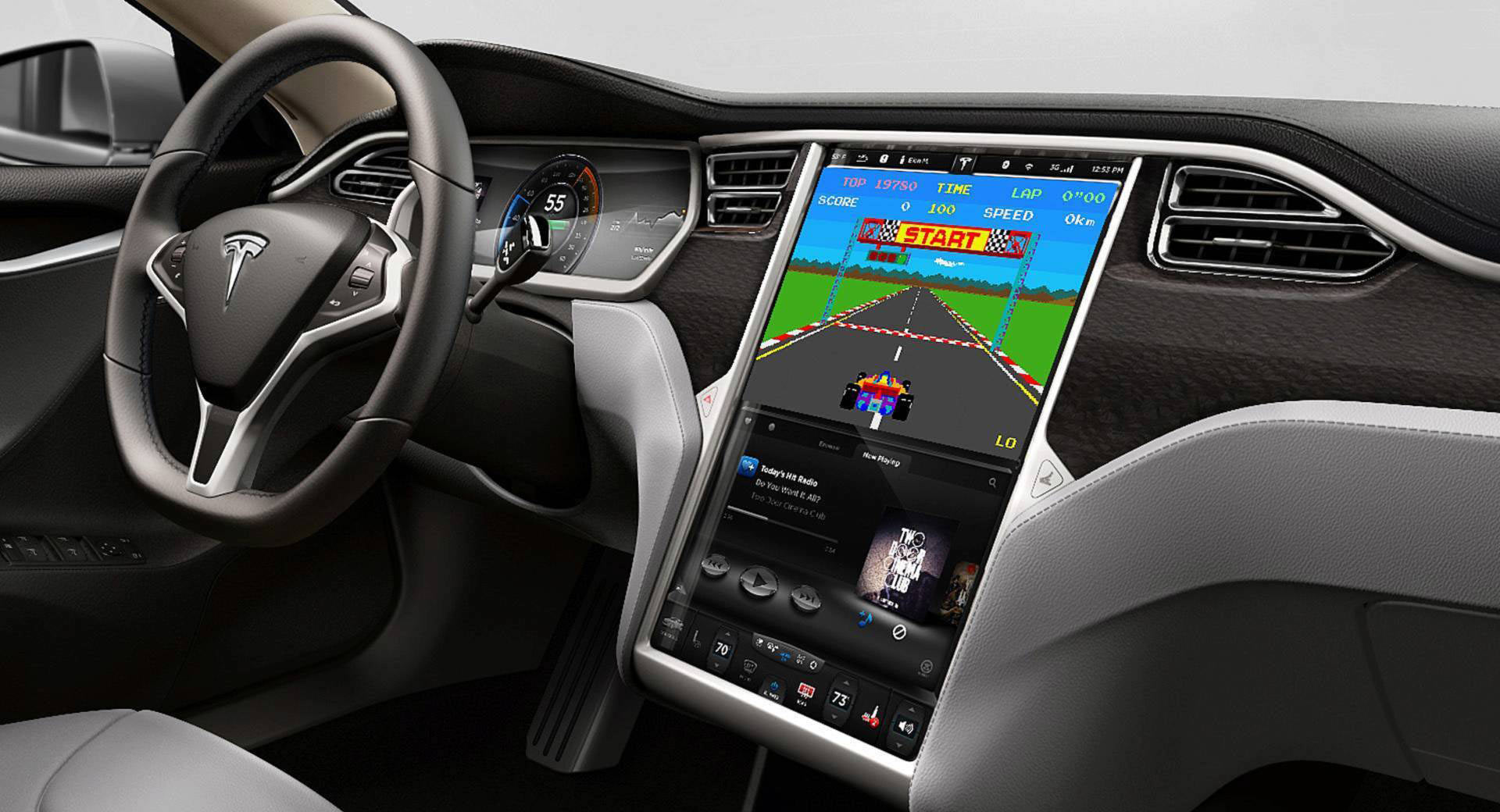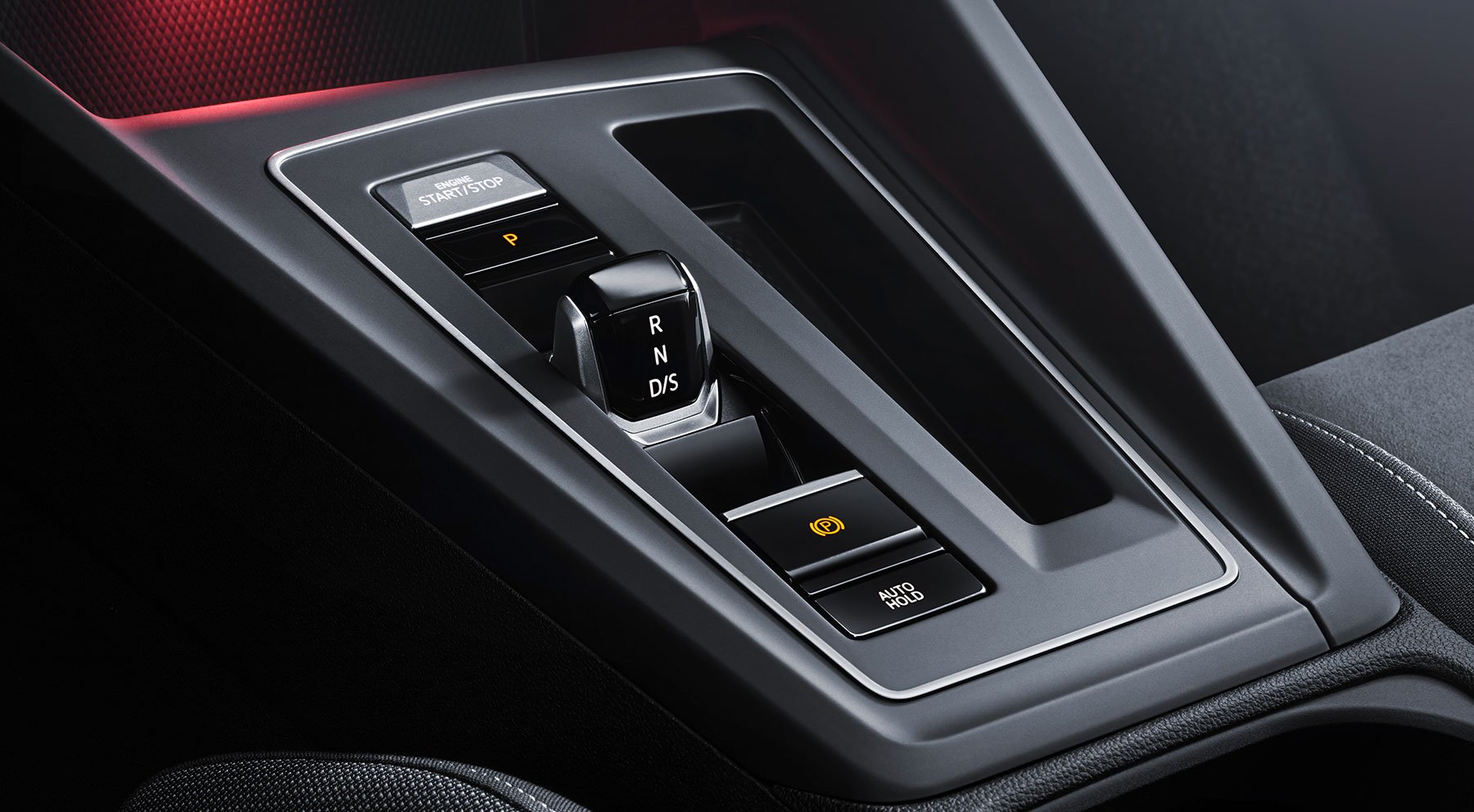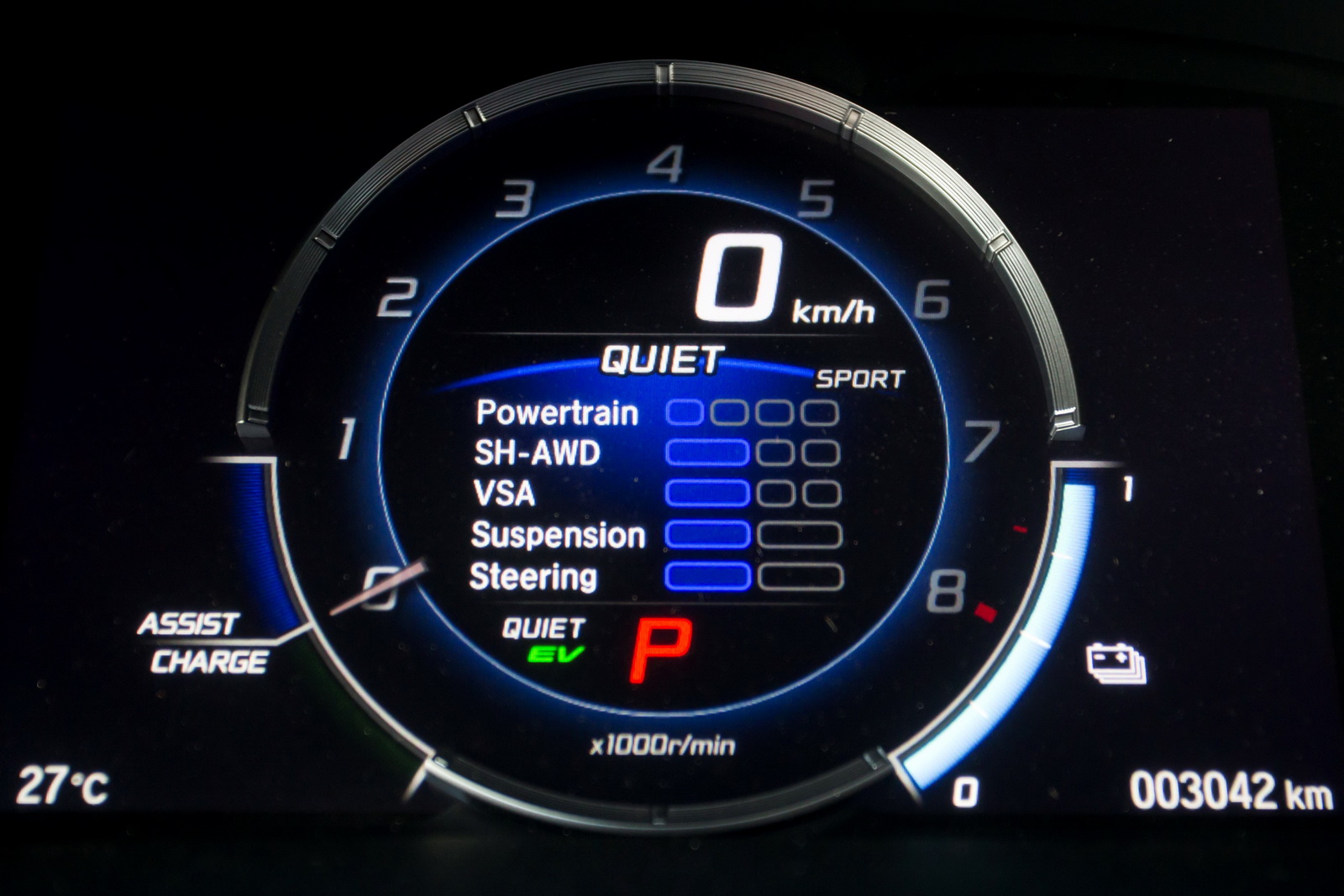Unless you’ve been stuck under a rock for the past six months, you’ll know that the impact of the ongoing chip shortage is monumental to the automotive industry. It would seem that virtually every manufacturer has been hit, and the fallout is ranging from lost sales to brands completely rethinking their future product line-ups.
A bit of background. As with most things that seem to hit the headlines these days, the issue stems from the pandemic. To oversimplify the situation, car manufactures scaled back production as the world went into meltdown and countries into lockdown. Demand for electronics, however, like laptops, game consoles and TVs soared as people had to spend more time at home.
Automakers no longer needed as many chips, most of which are outsourced. Chip manufacturers naturally directed their attention to the electronics boom spurred on by the hordes of WFH employees. But, as stay-at-home orders were relaxed, the auto sector started to recover far faster than anyone could have predicted. However, with demand for electronics showing no signs of waning, and automakers put at the bottom of the supply pile, demand started to outstrip supply.
Read: This Is Why The Chip Shortage Means Car Makers Can’t Keep Up With Demand
Modern cars are heavily dependent on these chips, otherwise known as semiconductors. But it has to be said, a large portion of this reliance is for things that, not too long ago, were either non-existent or not that widespread. Less than 15 years ago, we did just fine with our manual HVAC controls and analog speedometers. Indeed, it can be argued just how superfluous the advantages are of adjusting cabin temperatures within a fraction of a Celsius via a touchpad.
But now, as they start to feel the pinch, we’re seeing automakers taking a long, hard look at how they can keep production lines running by cutting out certain features. I suspect it’s not as simple as reassigning a semiconductor used in a head-up display into an engine management system, but we’re starting to see some interesting changes nonetheless.
See: Chip Shortage Forces GM To Build Some Pickups And SUVs Without Start-Stop
Earlier this year, Peugeot announced that the 308 was losing its digital display cluster, instead going old-school with analog replacement dials. And recently, GM announced the omission of its start-stop tech on certain models — a move that was seen as a step in the right direction rather than a loss, at least going by the comments section.
So, today’s question is: what piece of in-car tech would you not care less about losing — chip shortage or not. Let’s start you off with three of my own.
Rear-View Cameras
Now I’m not talking about backup cameras or even those nifty surround-view systems. In this case, I’m referring solely to replacing door-mounted mirrors with video feeds. Yes, mirrors could get fogged up and, depending on the curvature and size, may have had restricted fields of view. But cameras don’t have that many advantages either. Mercedes-Benz concludes that they contribute to car sickness, opting not to include them on the otherwise tech-laden EQS. Such systems also force you to lower your gaze further than when looking out of front windows — it just doesn’t seem as natural.
A Screen For Everything
When it comes to screens in cars, they sure have their advantages. Used the right way, they can add a dollop of functionality with things like navigation. But when you have to control the most basic of functions via a touch screen, such as temperature, fan speed, or glove box opening, then things start getting ridiculous. You lose out on the ability to use muscle memory to activate simple tasks while keeping your eyes on the road — once again, your gaze has to drop every few moments to navigate menus and sub-menus.
Electronic Parking Brakes
To be honest, I wasn’t a fan of the old Mercedes (and others) style of foot-operated brake either. There’s nothing, in my opinion, as satisfying as hearing the ratchets click as you yank on a good old hand brake (before you come at me, no, I don’t hold in the button, see this video by Engineering Explained). If electrically operated parking brakes are a causality of the semiconductor crisis, I doubt there would be many mourners. Sadly, much like the case with manual transmissions going obsolete, there’s a modern-day safety case to be made for the electronic parking brake – plus, the demise of the traditional lever has freed up space and changed the design of most new cars’ center console.








